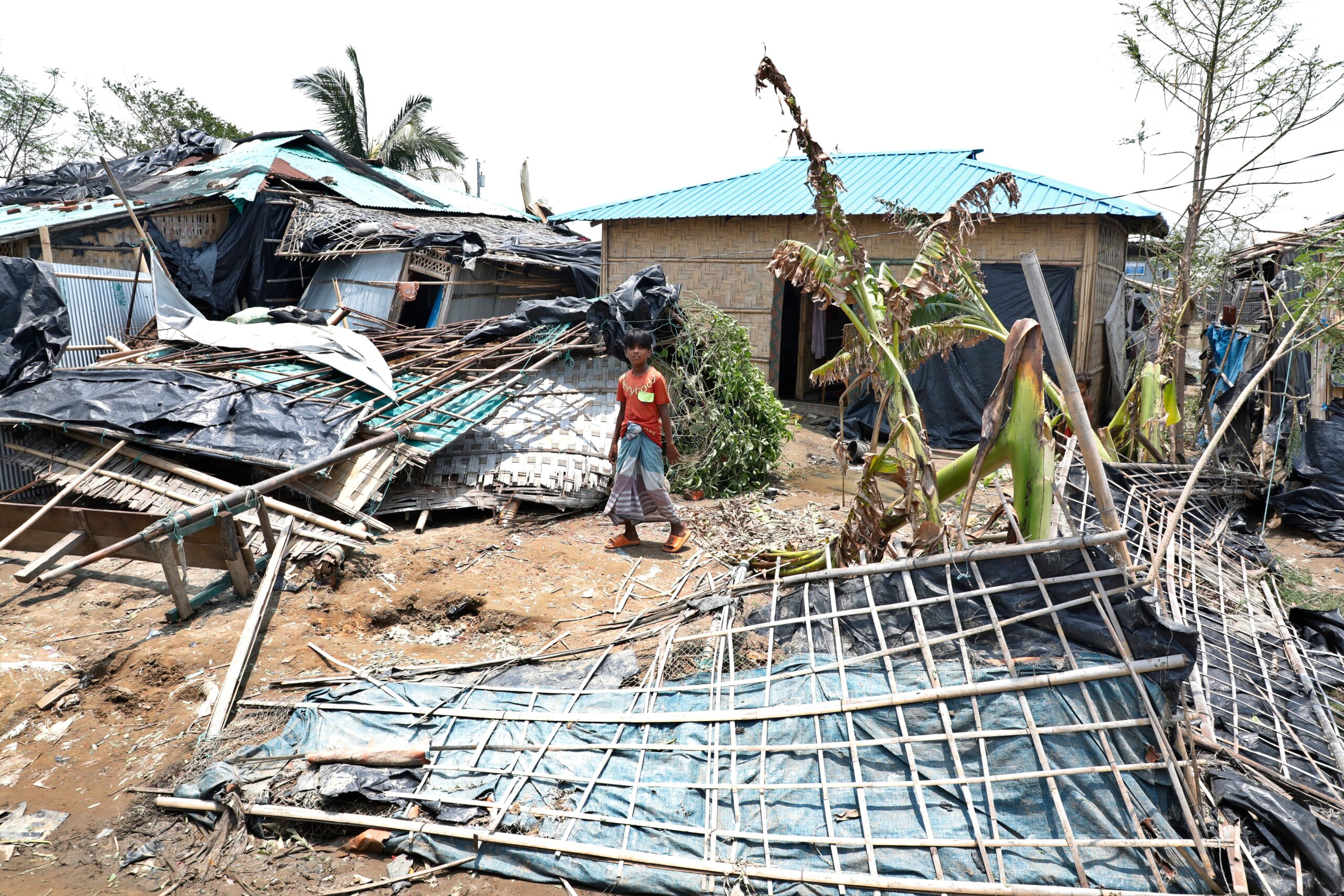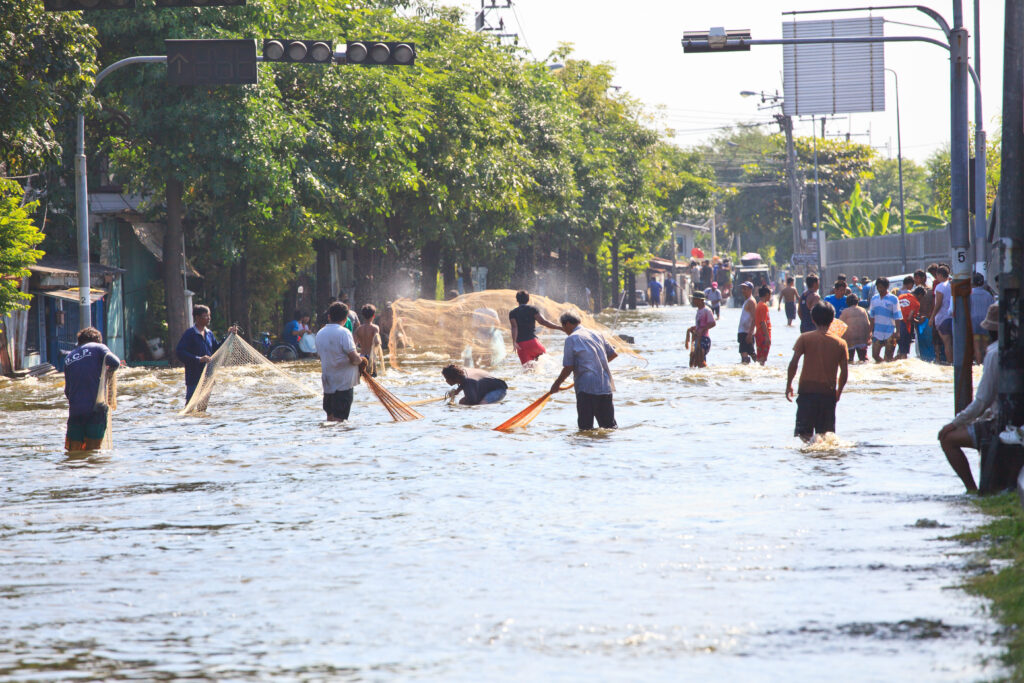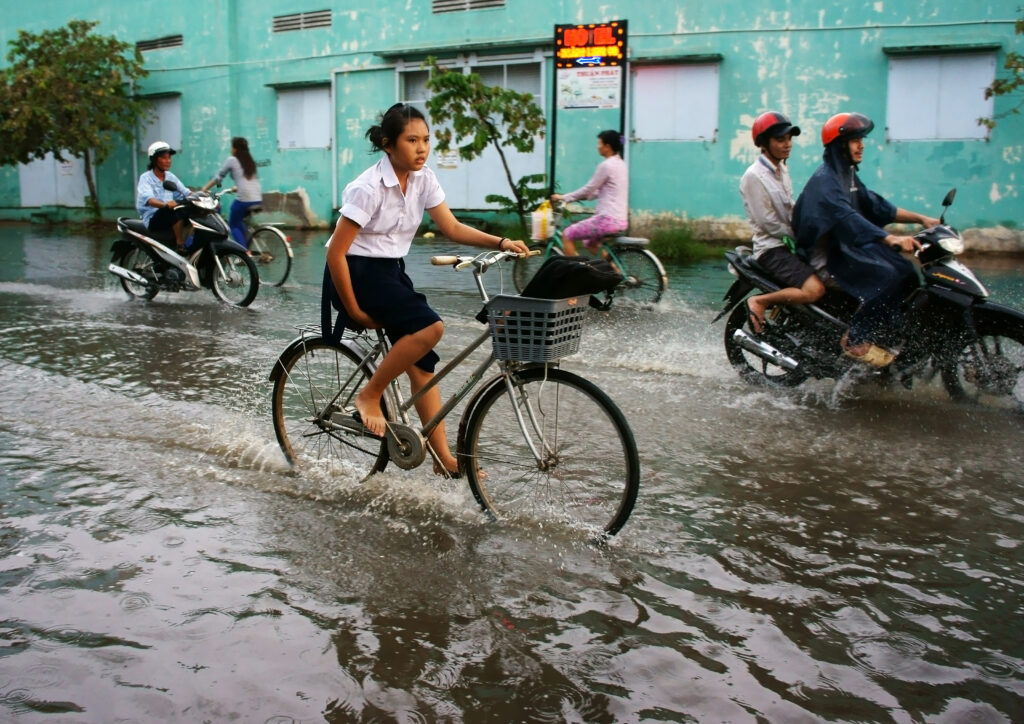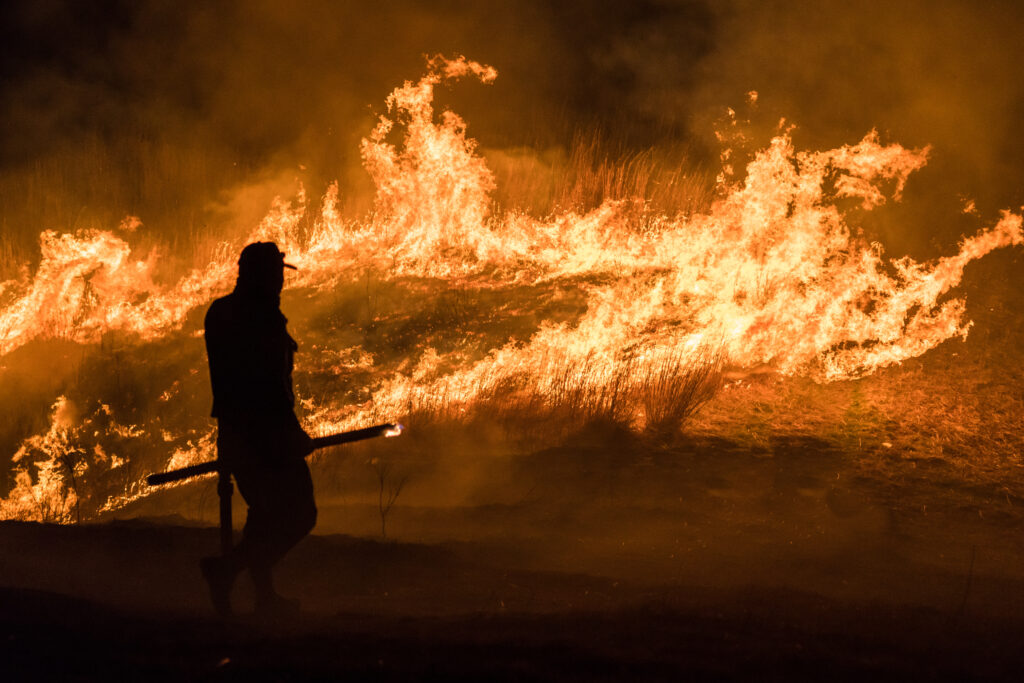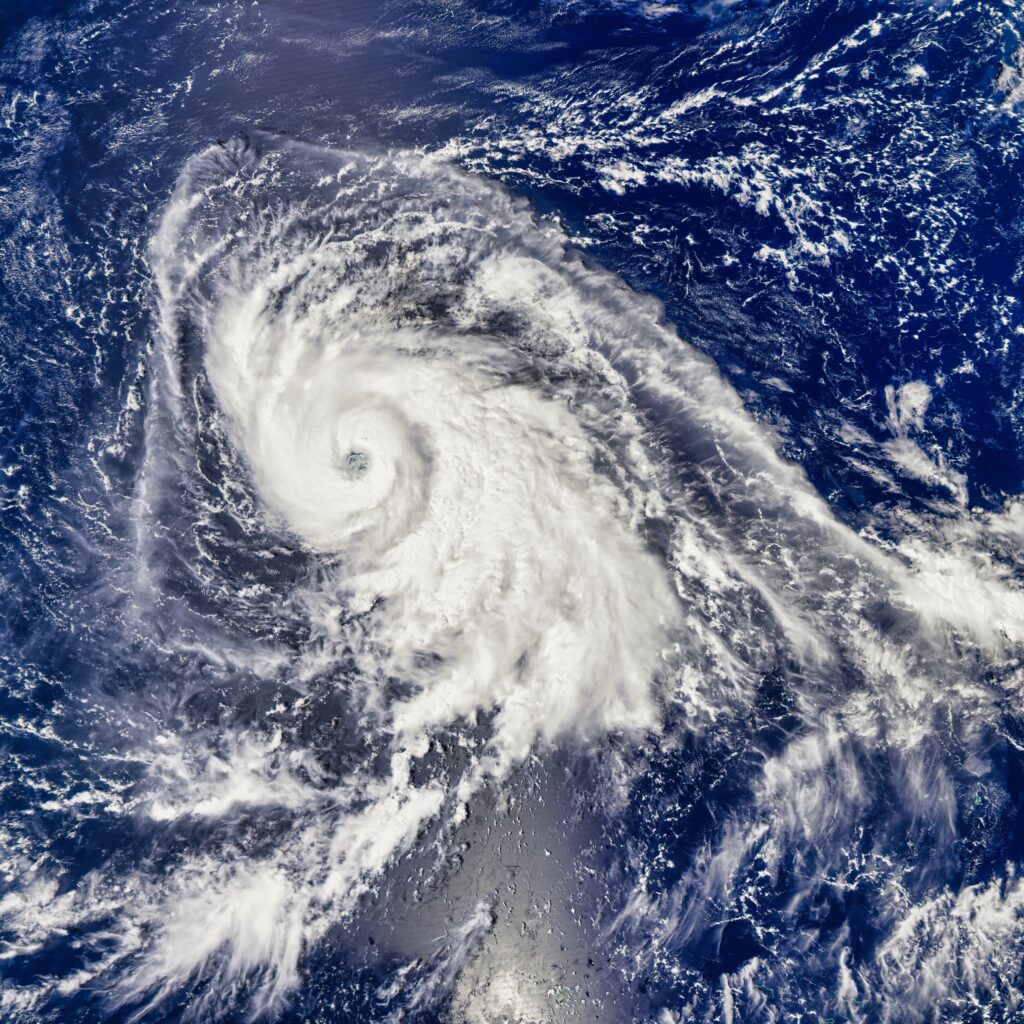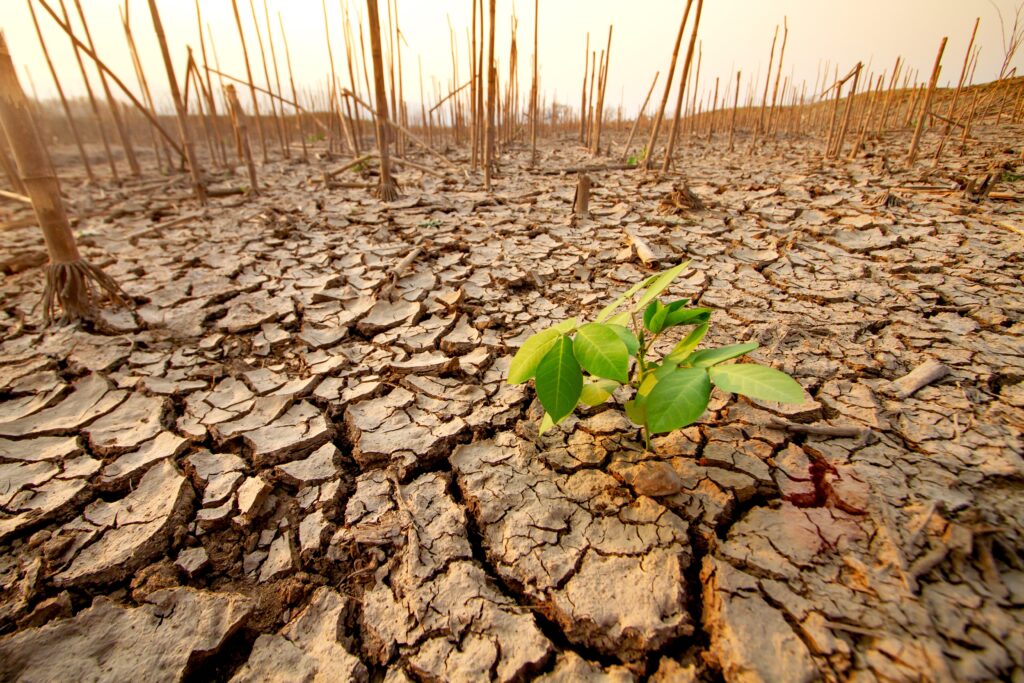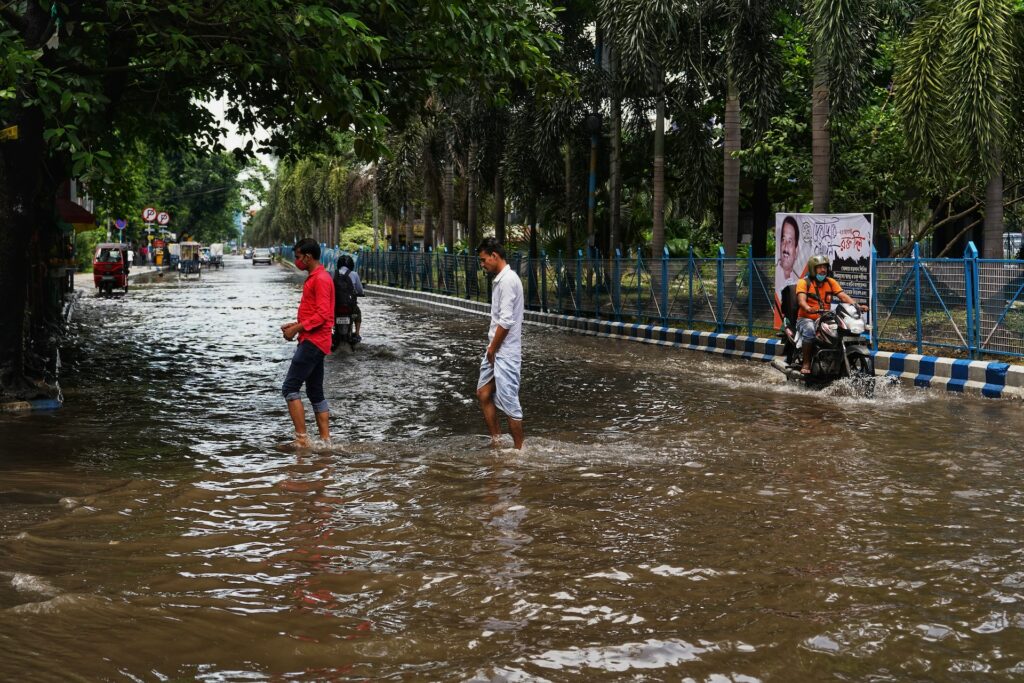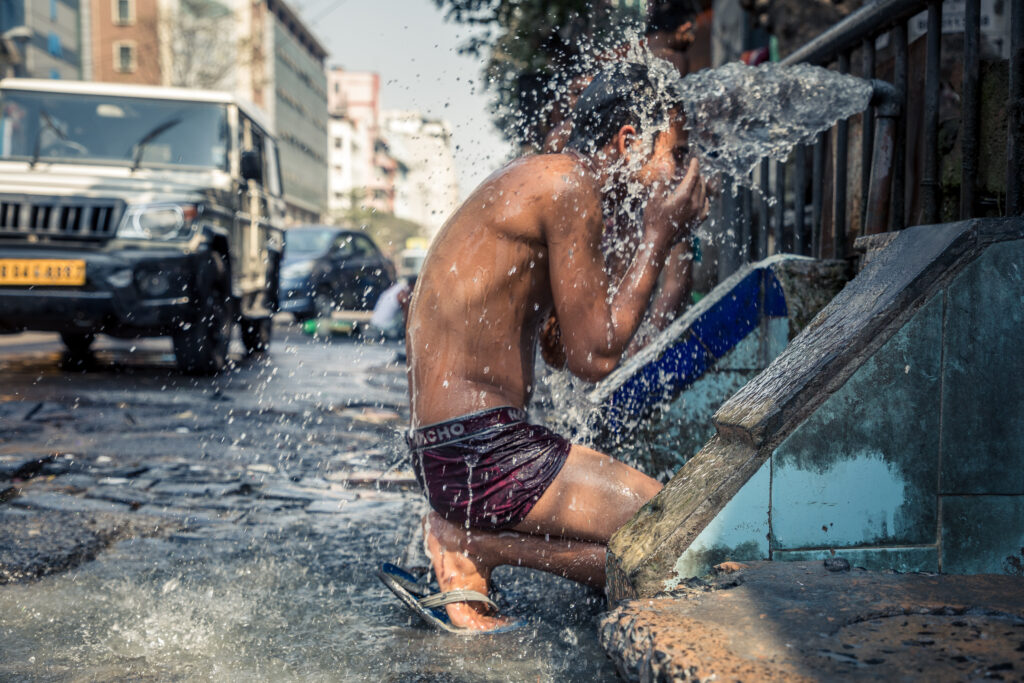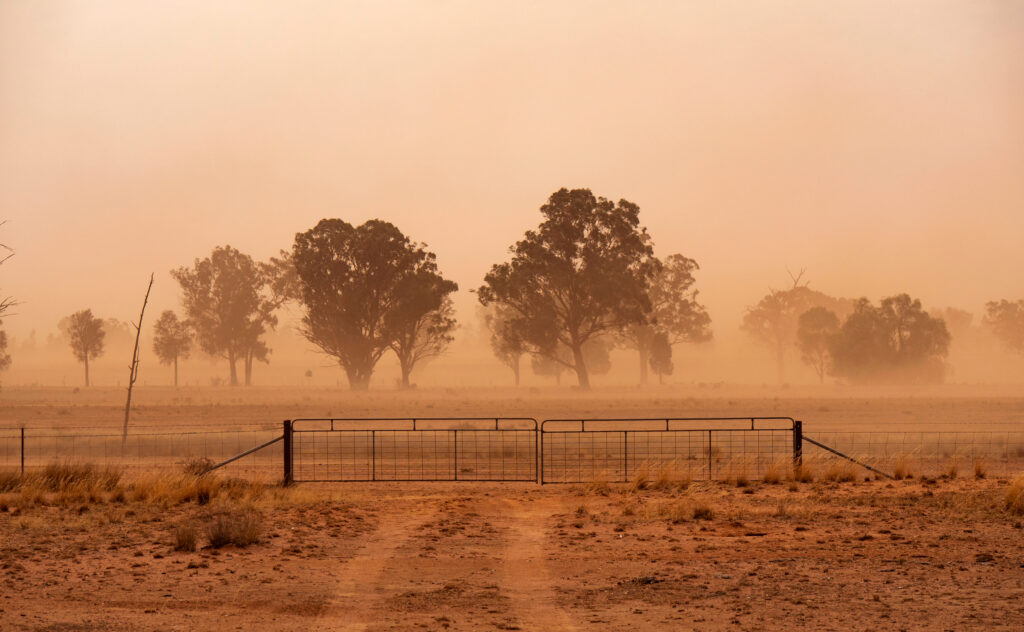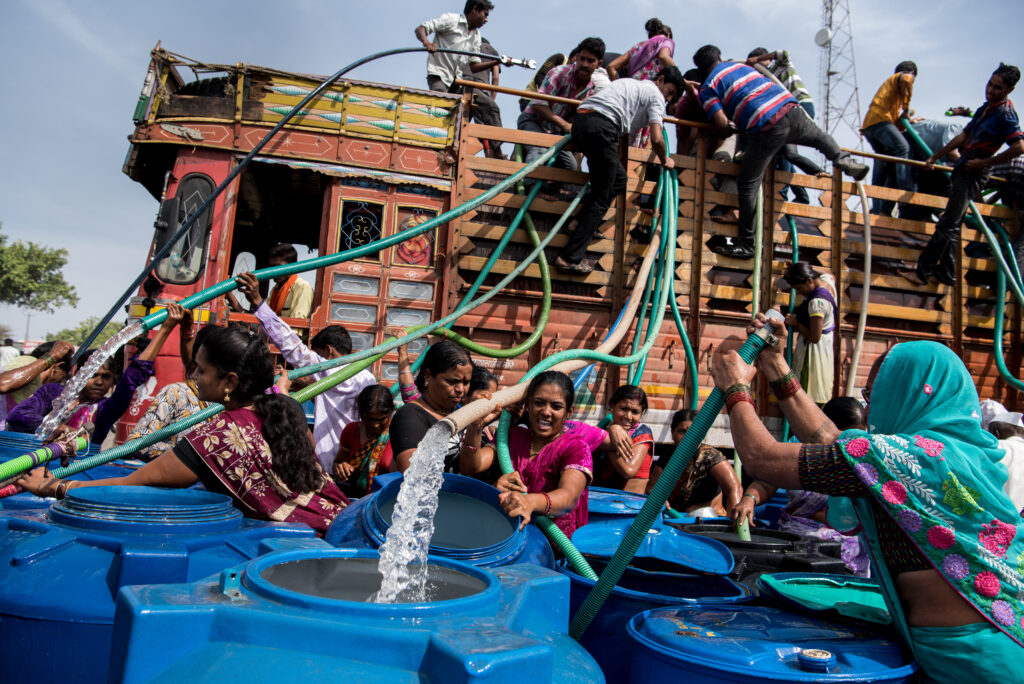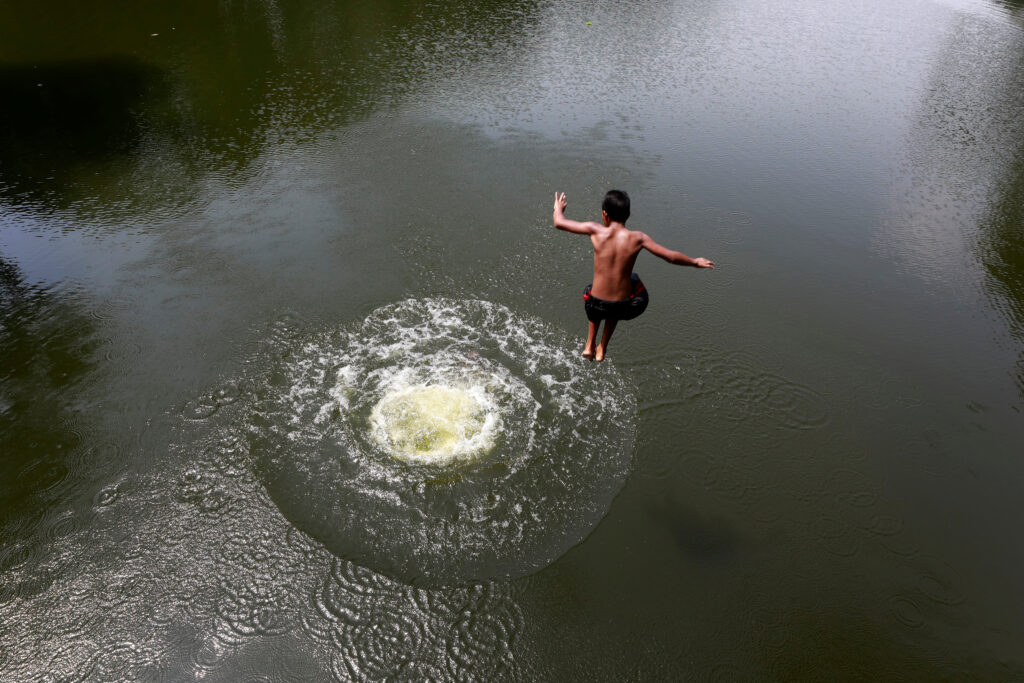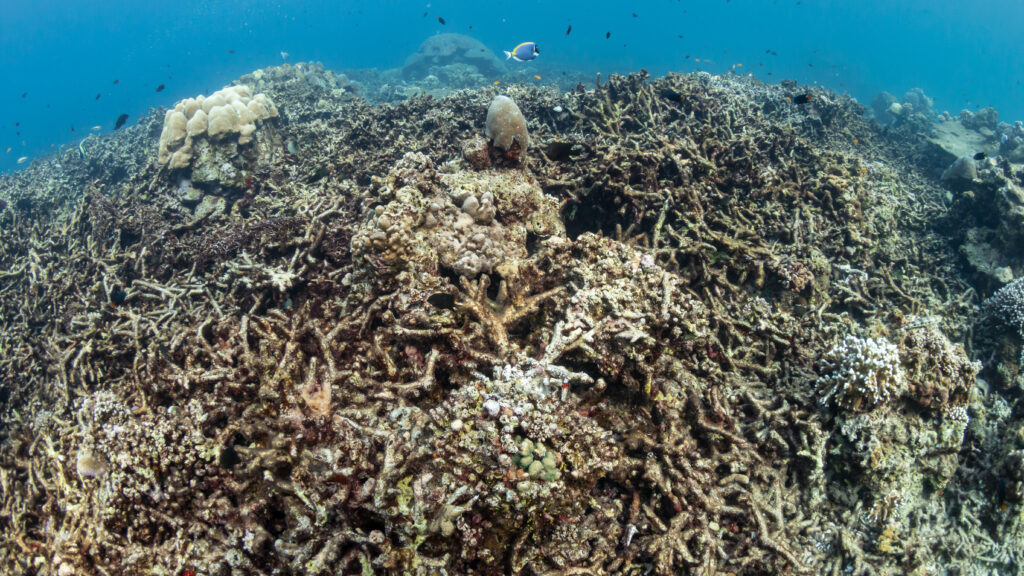Tropical Cyclone Remal struck the coastlines of India and Bangladesh on May 26 and 27 of 2024, leaving a trail of destruction. Local authorities reported that 8.4 million people lived in the path of Remal cyclone, and winds of up to 135 km/h and extremely heavy rainfall caused power outages that impacted hundreds of thousands of people. It destroyed around 35,000 homes and damaged 116,000.
The cyclone’s severe rains led to storm surges that breached multiple embankments, turning “villages into islands” and leaving communities stranded. Sea water flooded farmland, damaged freshwater fish farms and corrupted drinking water. The cyclone led to the deaths of at least 65 people, 17 in Bangladesh and 48 in India, with many more left homeless and short of food.
The impacted region is no stranger to cyclones – yet the extent of damage from severe cyclonic storm Remal is without precedent, said climate scientists and meteorologists. Remal was the first major cyclone of the year, and Bangladeshi weather experts said that it was one of the quickest-forming and longest-lasting they’d experienced, blaming climate change for the shift.
The Aftermath of Tropical Cyclone Remal
Tropical cyclones have an enormous destructive potential. Beyond the immediate damage and fatalities, they cause a vast swath of ongoing destruction to people’s lives. Many people may suffer injuries and require ongoing medical care and rehabilitation, explains disaster and vulnerabilities expert Monira Sharmin. People lose their homes, livelihoods, and loved ones, and survivors can experience trauma, anxiety and depression in the aftermath.
Climate-vulnerable regions, such as Bangladesh, also face a barrage of consecutive climate disasters, meaning communities are unable to recover before the next one strikes. Shumon Sengupta, country director at Save the Children in Bangladesh, said: “The impact of this severe cyclone shows yet again how vulnerable Bangladesh is to extreme weather events,” adding how children, in particular, are suffering. “In the last month, children have been baking in extreme heat – and now are having to cope with the impacts of widespread flooding and destruction caused by the cyclone.”
How Climate Change Is Intensifying Cyclones in Bangladesh and India
While cyclones are natural phenomena, scientists say higher temperatures linked to climate change are creating conditions that fuel more intense cyclones. Rising sea surface temperatures, linked to greenhouse gas emissions, are a key factor.
Climate scientist Dr. Rahul Mahanta said this additional heat provides more energy for cyclones to form and intensify, and that temperature rises in the Bay of Bengal have exceeded global averages. “Scientists studying the South Asian region believe warmer temperatures due to climate change are contributing to stronger and longer-lasting cyclones like Remal,” said Dr. Mahanta.
These slow-moving and longer-lasting storms bring greater destruction to people’s lives, and local communities are noticing the shift. “I’ve seen many storms in my life but nothing like this cyclone,” said Asma Khatun, who is 80 years old and lives in Bangladesh’s coastal town of Patuakhali. “Before, the storm came and went away… now it doesn’t seem to go away. The incessant pouring and heavy wind kept us stuck for days.”
Cyclone Ramal also formed more quickly than almost all the cyclones monitored in recent decades, taking just three days rather than the usual seven or eight, said Azizur Rahman, director of the state-run Bangladesh Meteorological Department. “I’ve never seen a cyclone formed from a low pressure in such a quick time,” said Rahman. “Of course, quick cyclone formation and the long duration of cyclones are due to the impact of climate change.”
Strengthening Regional Preparedness and Adaptation
While climate change is fuelling more intense storms, better forecasting and more effective evacuation planning have dramatically reduced death tolls. In the case of Remal cyclone in West Bengal and Bangladesh, Sengupta explained: “Many lives have been saved due to effective early warning and decisive action, including planning and preparation by the Bangladeshi authorities with decades of experience of responding to storms and flooding.”
However, with cyclones predicted to continue to intensify as the planet warms, at-risk regions must be prepared to cope with these increasingly stronger and longer-lasting storms. Climate scientists Stella Bourdin and Davide Faranda say this will include strengthening infrastructure to withstand stronger winds and heavy rains, as well as developing and testing robust evacuation and rescue plans to protect vulnerable populations and coastal districts. The insurance sector must also adjust its risk models to reflect the increased potential losses due to more intense tropical cyclones.
Cyclonic Storm Remal: International Action for Climate Justice
Regional adaptations such as these are vital. They are proven to save lives and limit the immediate and long-term damage to communities. Yet, these must go hand in hand with robust and coordinated global climate change action, namely the rapid reduction of greenhouse gas emissions and loss and damage provision for vulnerable regions.
These commitments have been made but have yet to be implemented. In the meantime, climate impacts continue to worsen, and communities such as those in the path of Cyclone Remal suffer. “World leaders must tackle the underlying causes of such climate-driven disasters, including urgently reducing warming temperatures and channelling funding and support to children and their families in Bangladesh to adapt, recover and rebuild their lives,” said Sengupta.
Therefore, climate justice must be central to protecting communities from intensifying climate disasters such as cyclones. Greenhouse gas emissions are “reshaping the world and the destinies” of populations that have not contributed to the crisis — yet are most impacted, said Faranda at the launch of the scientific event on cyclones TROPICANA. Nations responsible for these historical emissions must be proactive in protecting these regions’ futures from these emerging impacts.
Evelyn Smail
Writer, United Kingdom
Evelyn is a freelance writer and journalist specialising in climate science and policy, the just energy transition and the human impacts of climate change. She writes for independent publications, NGOs and environmental organisations. Evelyn has a background in sustainable development, climate justice and human rights.
Evelyn is a freelance writer and journalist specialising in climate science and policy, the just energy transition and the human impacts of climate change. She writes for independent publications, NGOs and environmental organisations. Evelyn has a background in sustainable development, climate justice and human rights.

